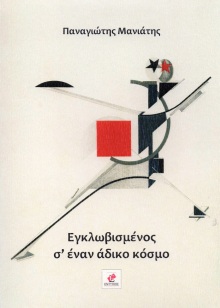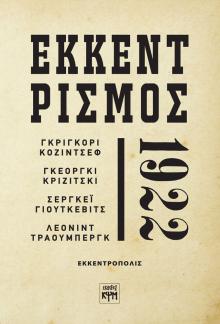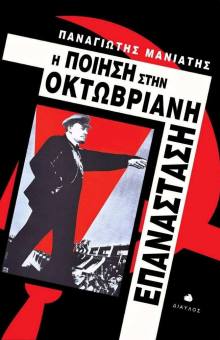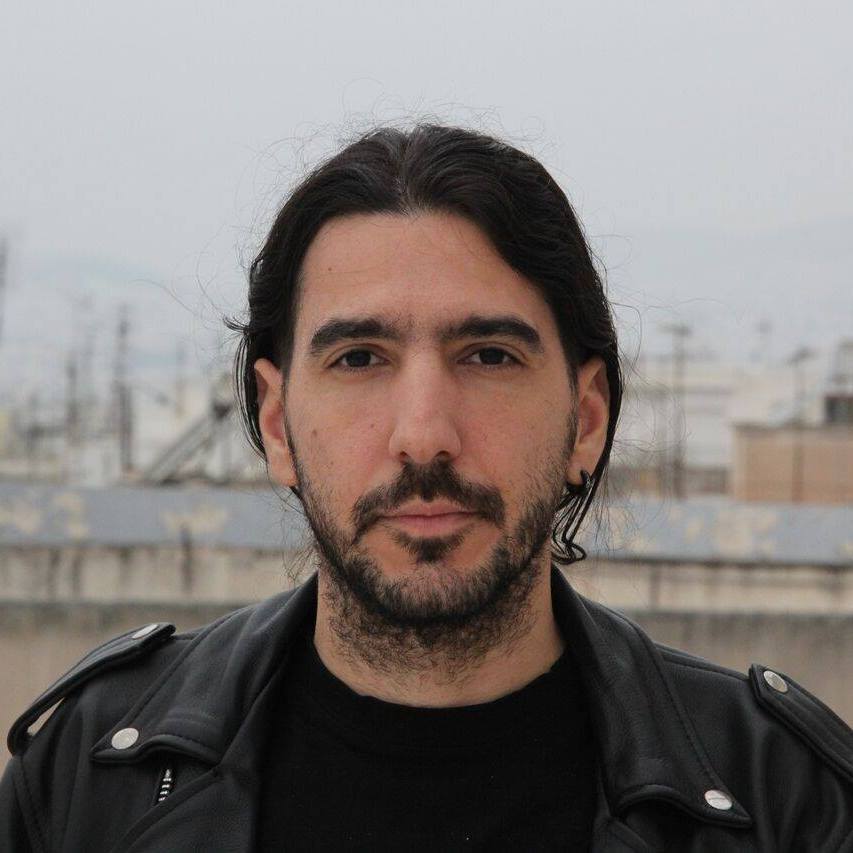πηγή http://www.vintag.es/
Henri Cartier-Bresson visited the Soviet Union in 1954 to document daily life under communism, the first foreign photographer to photograph “freely” in the post-war since Stalin’s death a year earlier. After this first trip to Russia, a second one came 19 years later for Cartier-Bresson. He was looking forward to it with the expectation to see the changes. “There is nothing more revealing than comparing a country with itself by grasping its differences and trying to discover the thread of its continuity,” he said.
 |
| Tretyakovsky Art Gallery, Moscow, USSR, 1954 |
 |
| City life, Moscow, USSR, 1954 |
 |
| Gorky Park, Moscow, USSR, 1954 |
 |
| Circus, Moscow, USSR, 1954 |
 |
| Circus, Moscow, USSR, 1954 |
 |
| Tretyakovsky Art Gallery, Moscow, USSR, 1954 |
 |
| Tretyakovsky Art Gallery, Moscow, USSR, 1954 |
 |
| A Hat, Moscow, USSR, 1954 |
 |
| Sadovaya Street, Moscow, USSR, 1954 |
 |
| Pedestrian walk, Moscow, USSR, 1954 |
 |
| Cafeteria of the Workers’ building, the Hotel Metropol, Moscow, USSR, 1954 |
 |
| Exhibition of National Economy Achievements (VDNH), Moscow, USSR, 1954 |
 |
| Sport Day at Dinamo stadium – spectators – Moscow, USSR, 1954 |
 |
| Subway, Moscow, USSR, 1954 |
 |
| Sokolniki park, Moscow, USSR, 1954 |
 |
| Sokolniki church, Moscow, USSR, 1954 |
 |
| Sokolniki church, Moscow, USSR, 1954 |
 |
| Serebryany Bor, Moscow, USSR, 1954 |
 |
| Reding-hall at Lenin Library, Moscow, USSR, 1954 |
 |
| Morning at Red Square, Moscow, USSR, 1954 |
 |
| First Bike, Moscow, USSR, 1954 |
 |
| Gorky Street, Moscow, USSR, 1954 |
 |
| Fasion, Moscow, USSR, 1954 |
 |
| About store show-window, Moscow, USSR, 1954 |
 |
| ZiS (Stalin automobile plant) assembly line, Moscow, USSR, 1954 |































«Έχω μερικούς φίλους στους οποίους έχω μεγάλη εμπιστοσύνη και η κριτική τους μου κάνει πολύ καλό. Αυτό που σκέπτονται οι υπόλοιποι είναι δικό τους πρόβλημα».
H.C. Bresson